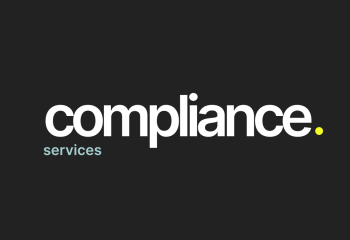The Semiconductor Industry in the Digital Economy Future: Vietnam’s Role and Key Legal Considerations
Views: 926
The semiconductor industry plays a crucial role in the digital economy, directly influencing the development of technologies such as artificial intelligence, the Internet of Things, and 5G. Vietnam, with its growing presence in the global supply chain, is making significant efforts to integrate deeper into this sector. However, to attract investment and ensure sustainable growth, understanding the relevant legal framework is essential.
%20(1).png)
Vietnam’s Role in the Global Semiconductor Industry
· Rare earth reserves: Vietnam ranks second in the world in rare earth reserves, just behind China, providing a significant advantage in semiconductor manufacturing.
· Market growth: Vietnam’s semiconductor market is projected to reach USD 7.01 billion by 2028, with a compound annual growth rate (CAGR) of approximately 6.69% from 2023 to 2028.
· Foreign direct investment (FDI): Vietnam currently has 174 FDI projects in the semiconductor sector, with a total registered capital of nearly USD 11.6 billion, affirming its position in the global supply chain.
Key Legal Considerations for International Investors
· Market access conditions: Foreign investors must meet the same market entry conditions as domestic investors, except for sectors with special restrictions or specific requirements.
· Investment procedures: Foreign investors engaging in capital contributions, share purchases, or acquiring stakes must comply with Vietnamese regulations, which may require registration or approval from government authorities.
· Tax policies and investment incentives: Vietnam is considering preferential tax policies to attract semiconductor investments, taking lessons from countries like South Korea.
· Intellectual property (IP) protection: Investors should ensure compliance with Vietnam’s IP laws to safeguard their proprietary technology and prevent legal disputes.
Recommendations for Investors
· Thorough legal research: Before investing, investors should conduct an in-depth review of Vietnam’s legal framework, incentive policies, and industry regulations.
· Partnering with local firms: Collaborating with local businesses and experts can provide better insights into the business environment and help mitigate risks.
· Regulatory compliance: Ensuring full compliance with Vietnamese laws on investment, taxation, labor, and IP protection is crucial to avoiding legal complications.
Conclusion
Vietnam is emerging as a key player in the global semiconductor industry. However, to fully capitalize on this opportunity, international investors must navigate Vietnam’s legal framework carefully. Proper preparation and close collaboration with local partners will help ensure successful and sustainable investment in this high-potential sector.
Written: Nguyen Tran Ngoc Thach - Legal Senior Assistant
Date: 05/03/2025
%20(1).png)

























![?️ [ALTAS TALK IS COMEBACK | SERIES: “TAX MATTERS 2025”] ?️ [ALTAS TALK IS COMEBACK | SERIES: “TAX MATTERS 2025”]](thumbs/210x144x1/upload/news/altas-talkintro-7705.png)



